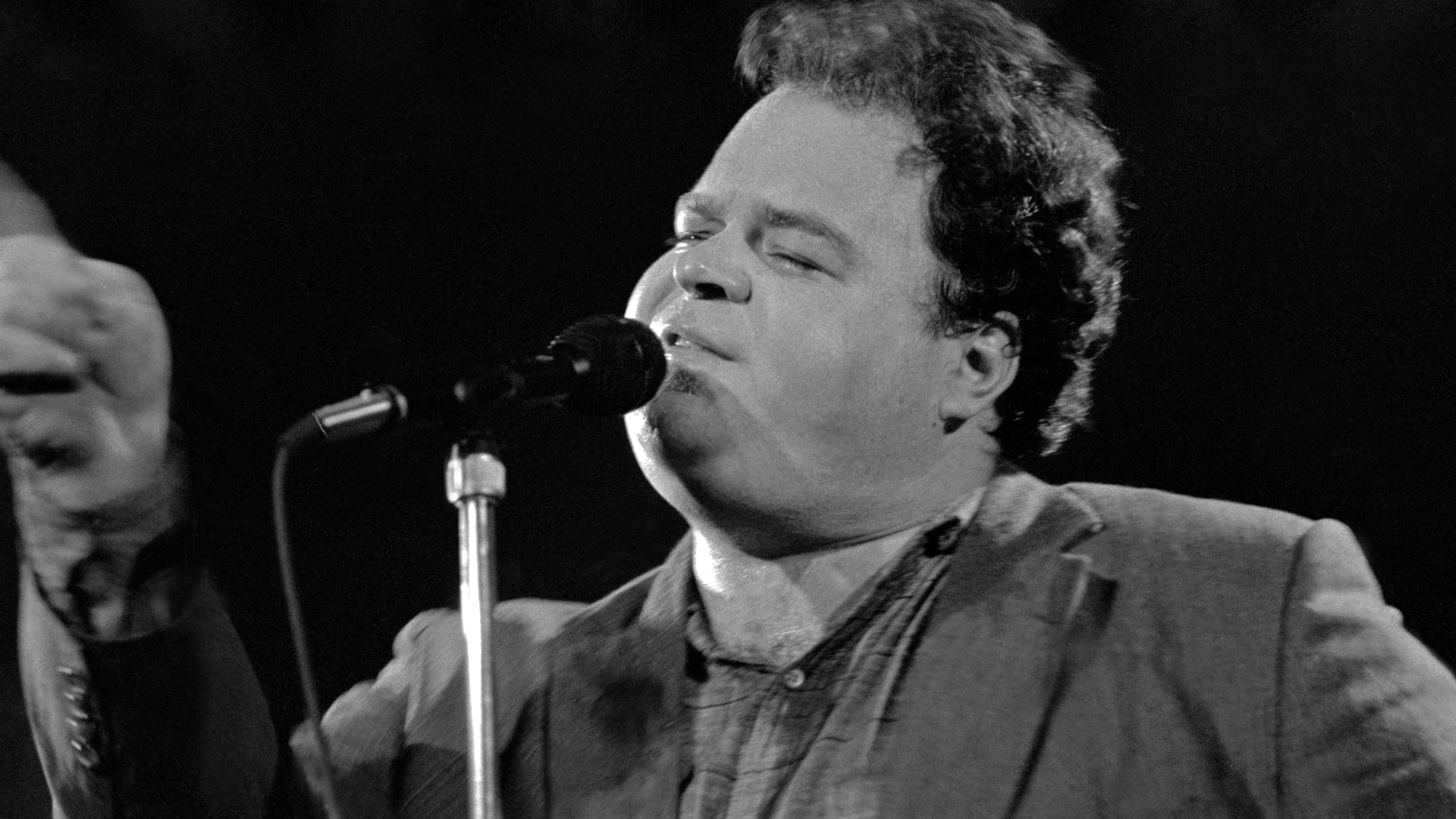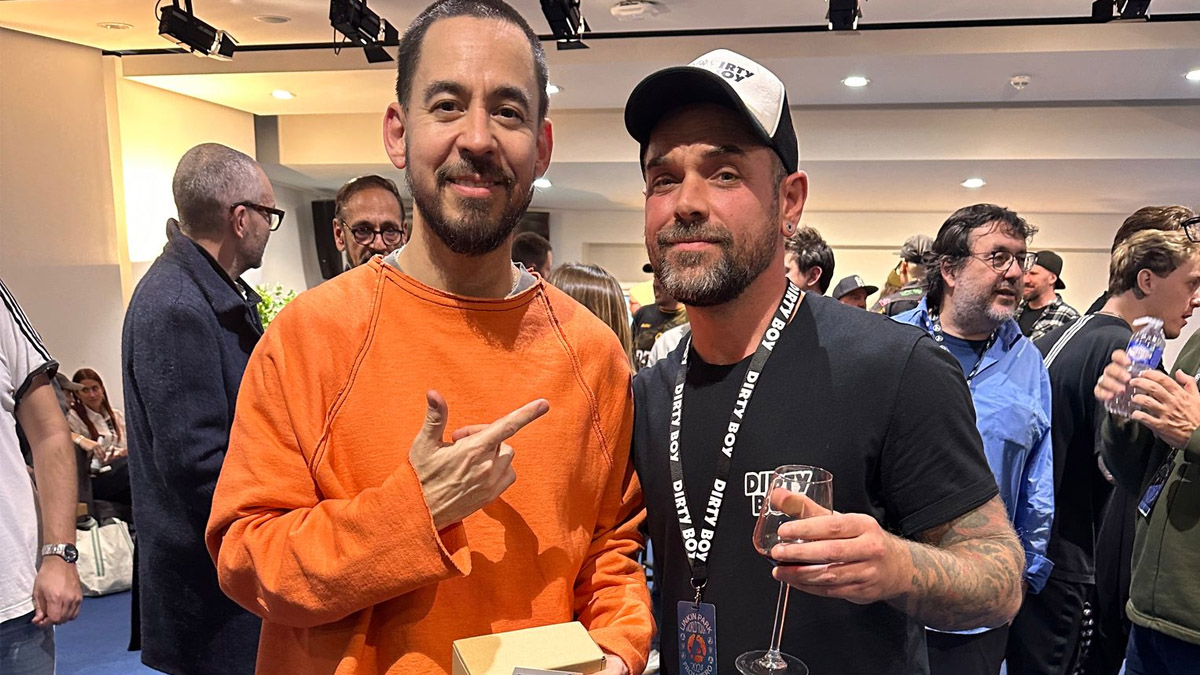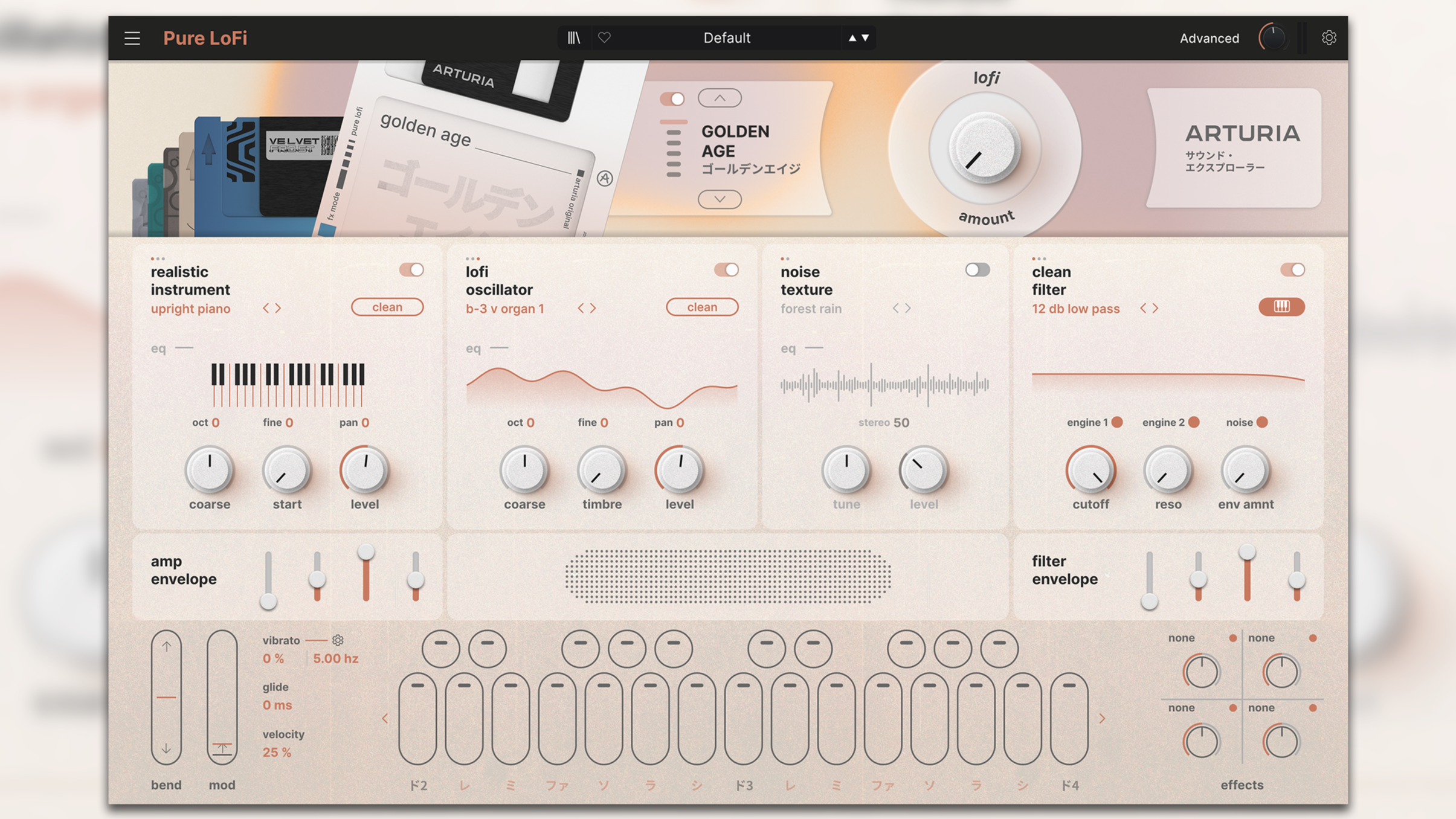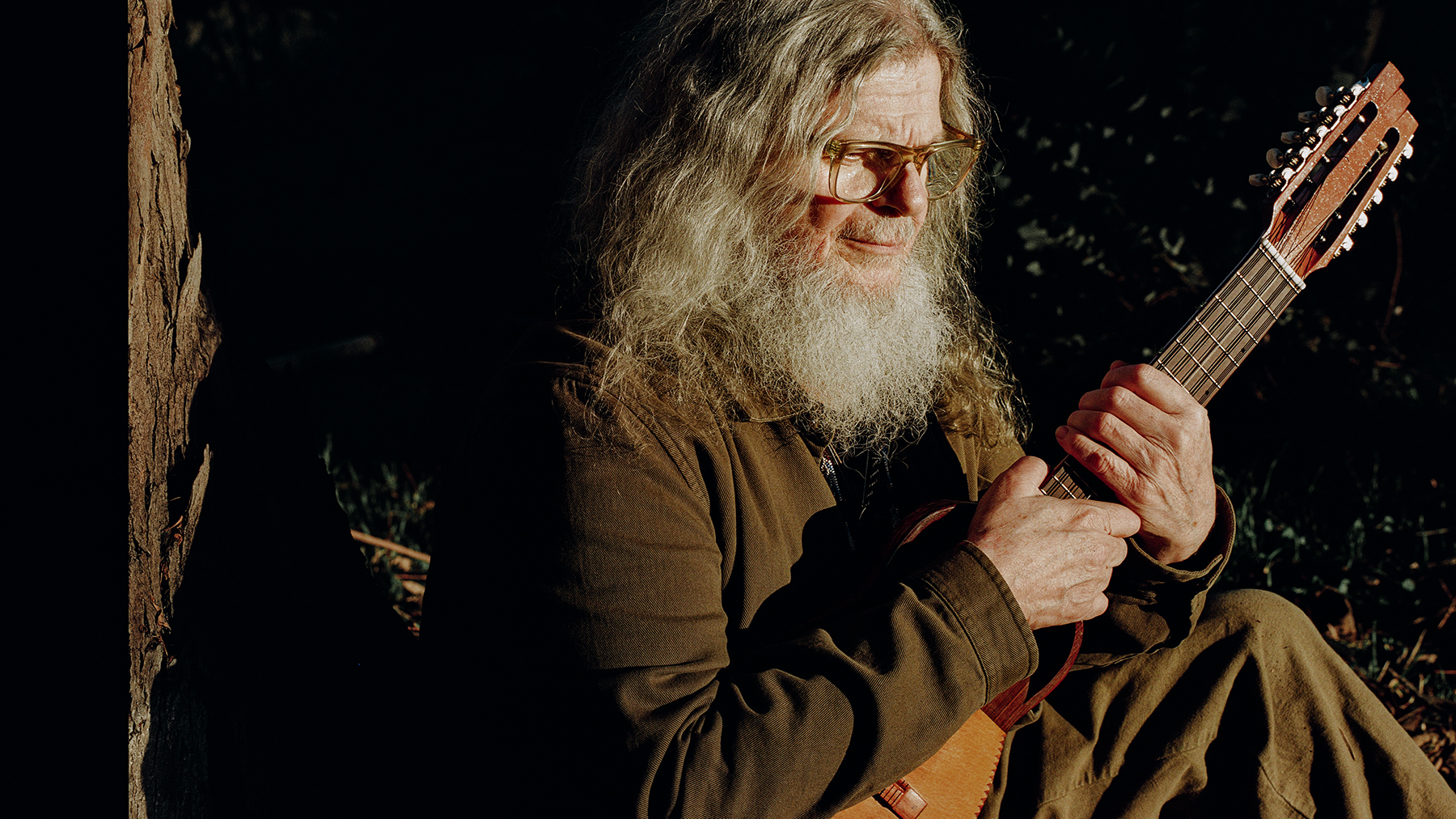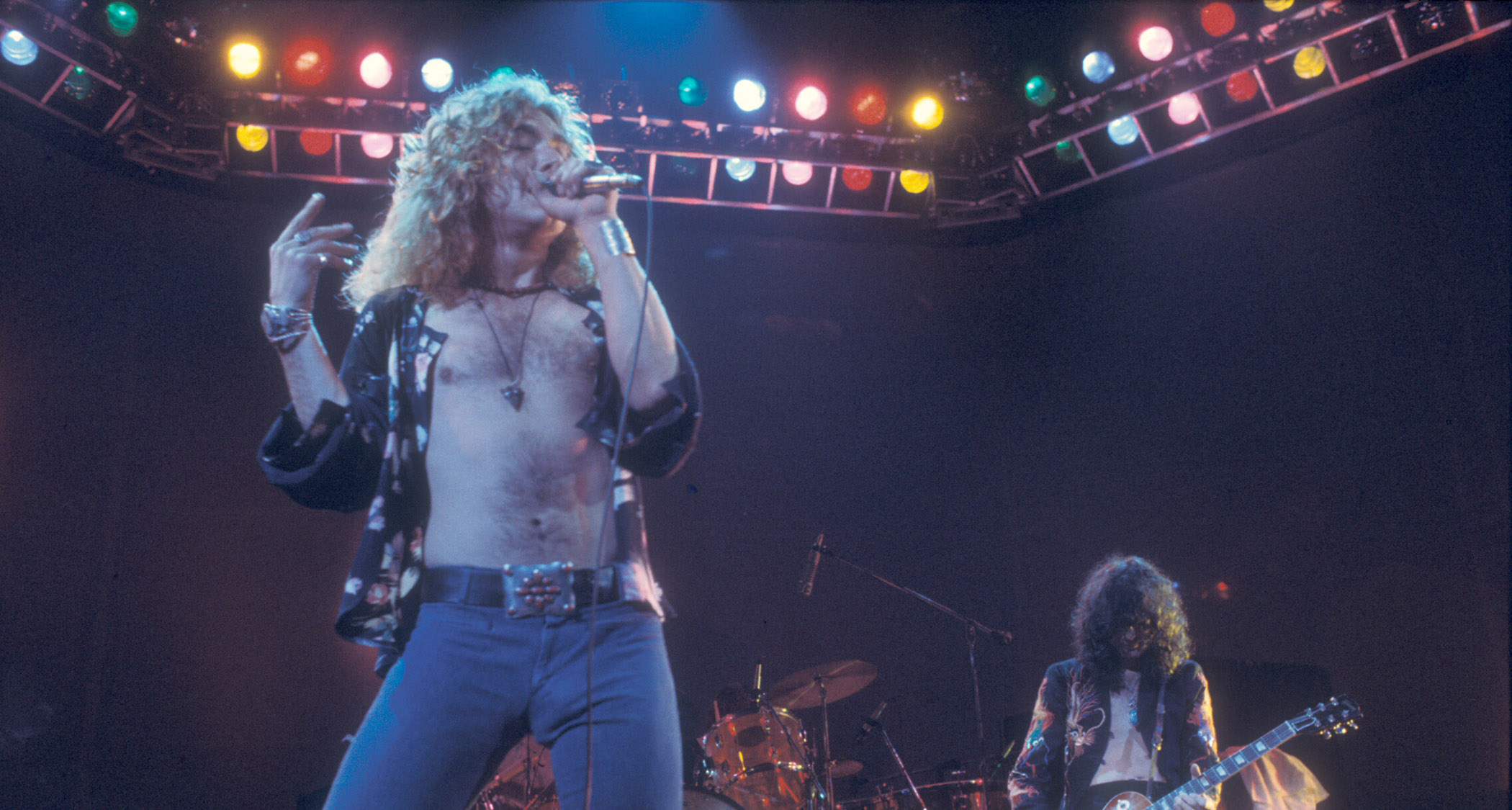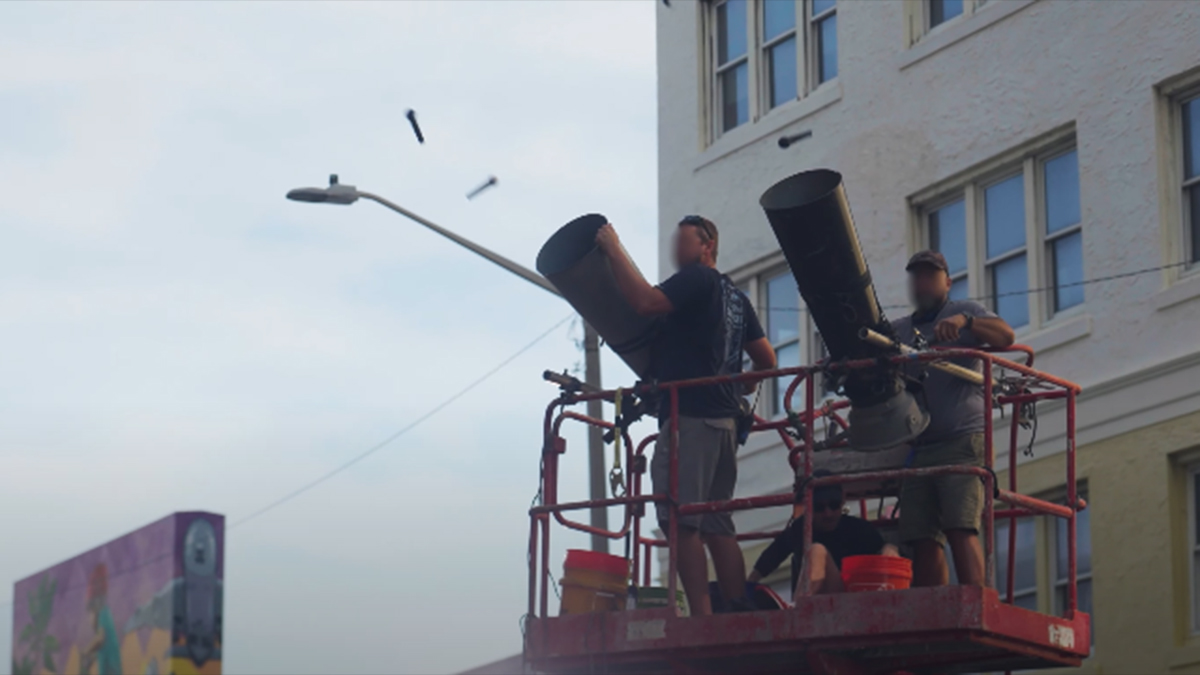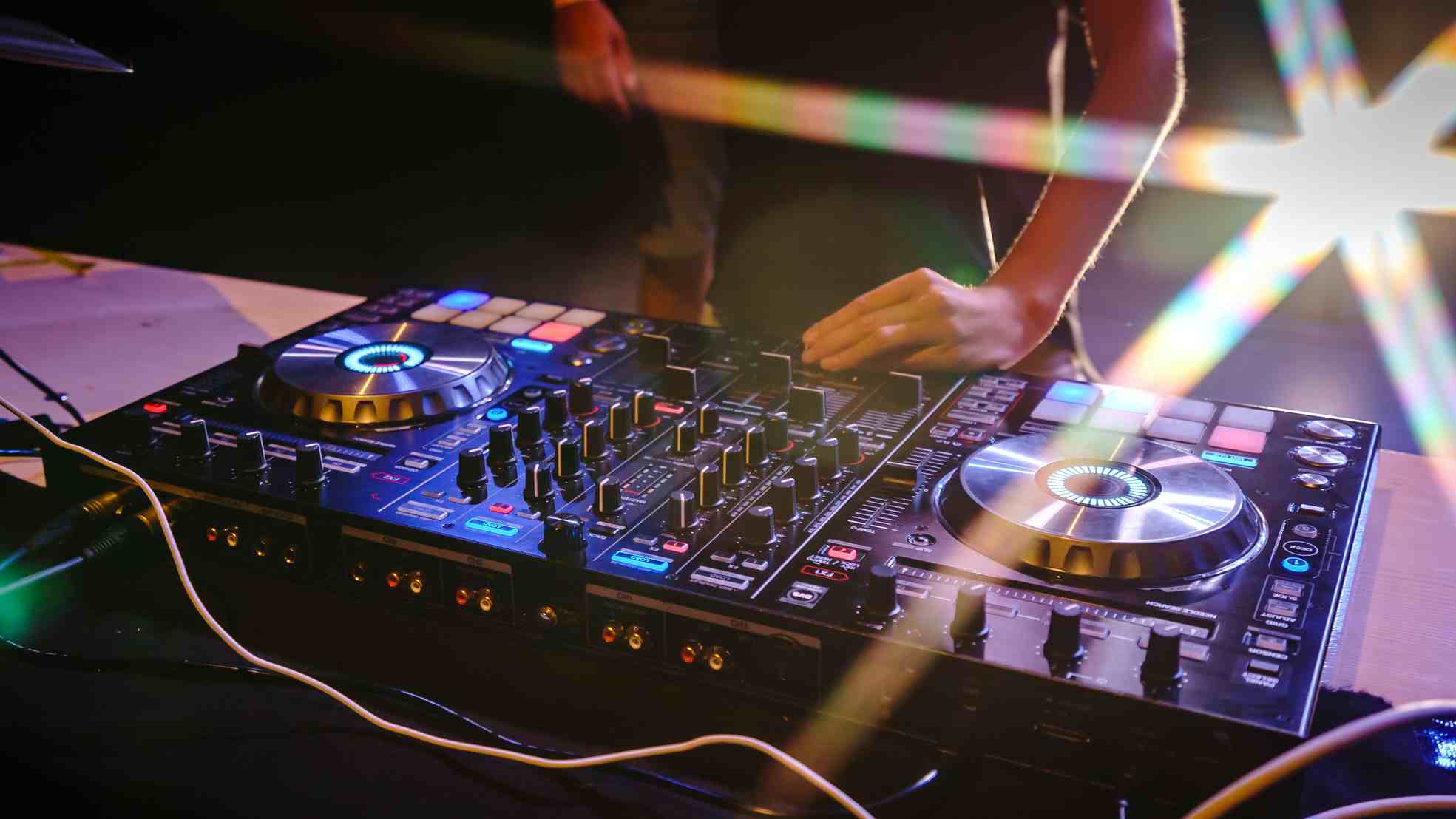PAMA calls for “outdated” audio terms such as ‘master/slave’ and ‘male/female’ to be replaced
Industry body suggests “neutral nomenclature” that will be more inclusive
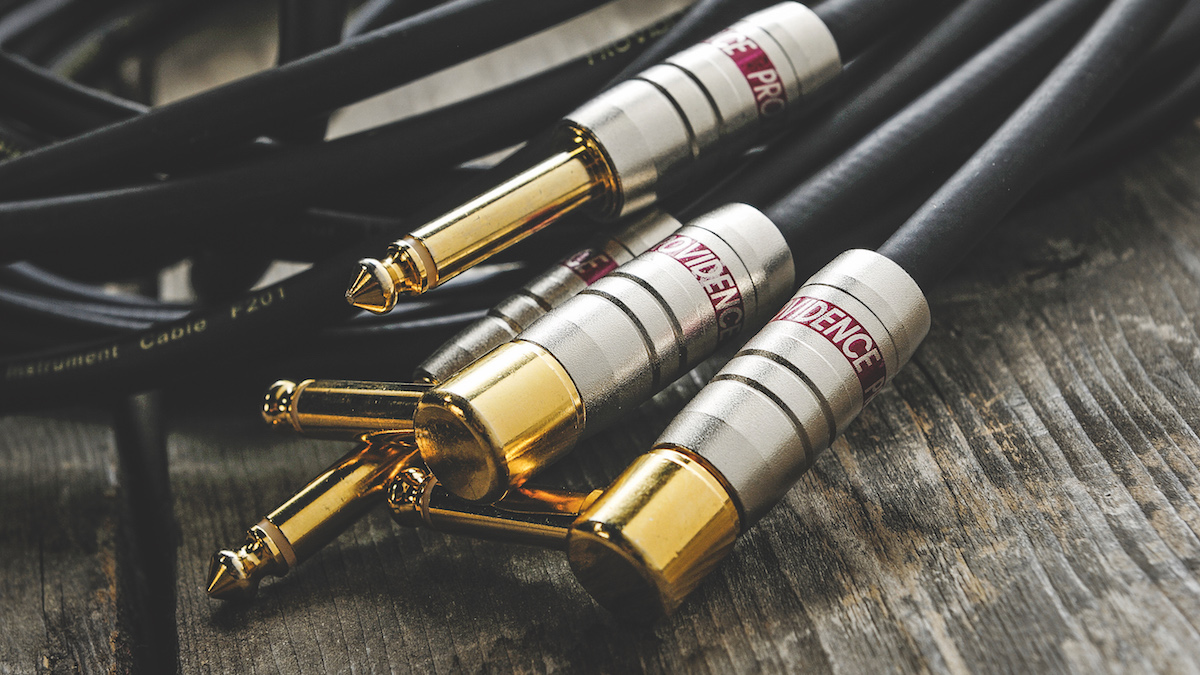
The Professional Audio Manufacturers Alliance (PAMA) has announced that it’s working with its members and industry trade organisations “to address outdated language and terminology issues increasingly identified as discouraging a spirit of inclusivity within the professional audio community.”
The likes of ‘master/slave’ (in reference to clocking) and ‘male/female’ (in reference to connector topology) are among the terms thought to be questionable. The PAMA has circulated a survey among its members - which include the likes of Audio-Technica, Blue, Sennheiser and Shure - to gather feedback regarding this kind of problematic language.
“The intent is for PAMA members to recommend adopting a framework within their organizations for the implementation of unified terminology across the industry, in the spirit of inclusivity and consistency,” explained PAMA Board Chair-Elect and Inclusion Committee member Karam Kaul (Harman). “It comes down to treating each other with respect.”
As a starting point, the PAMA has created a list of recommended neutral pro audio nomenclature. This suggests that ‘master/slave’ could become ‘primary/secondary’, and that ‘male/female’ could become ‘plug/socket’. This is said to be a ‘living document’ that will evolve based on ongoing input from the industry at large.
The PAMA’s initiative has already garnered support, with Karrie Keyes, Executive Director of the women-in-audio advocacy group SoundGirls.org, as well as monitor engineer for Pearl Jam/Eddie Vedder, commenting: “Shoutout to PAMA for introducing neutral language for the audio industry. This is a tremendous undertaking and is important to continue working toward meaningful changes in our industry.”
Earlier this year, a successful campaign was launched asking that popular music technology forum Gearslutz change its name. It’s now known as Gearspace.
Get the MusicRadar Newsletter
Want all the hottest music and gear news, reviews, deals, features and more, direct to your inbox? Sign up here.



I’m the Deputy Editor of MusicRadar, having worked on the site since its launch in 2007. I previously spent eight years working on our sister magazine, Computer Music. I’ve been playing the piano, gigging in bands and failing to finish tracks at home for more than 30 years, 24 of which I’ve also spent writing about music and the ever-changing technology used to make it.
Arturia’s V Collection gets a Roland JP-8000 emulation and lo-fi synth/sampler, along with five more instruments and a host of updates
Capture the sound of The Last of Us season 2's haunting soundtrack with Spitfire Audio’s latest software instrument, Ronroco by Gustavo Santaolalla
